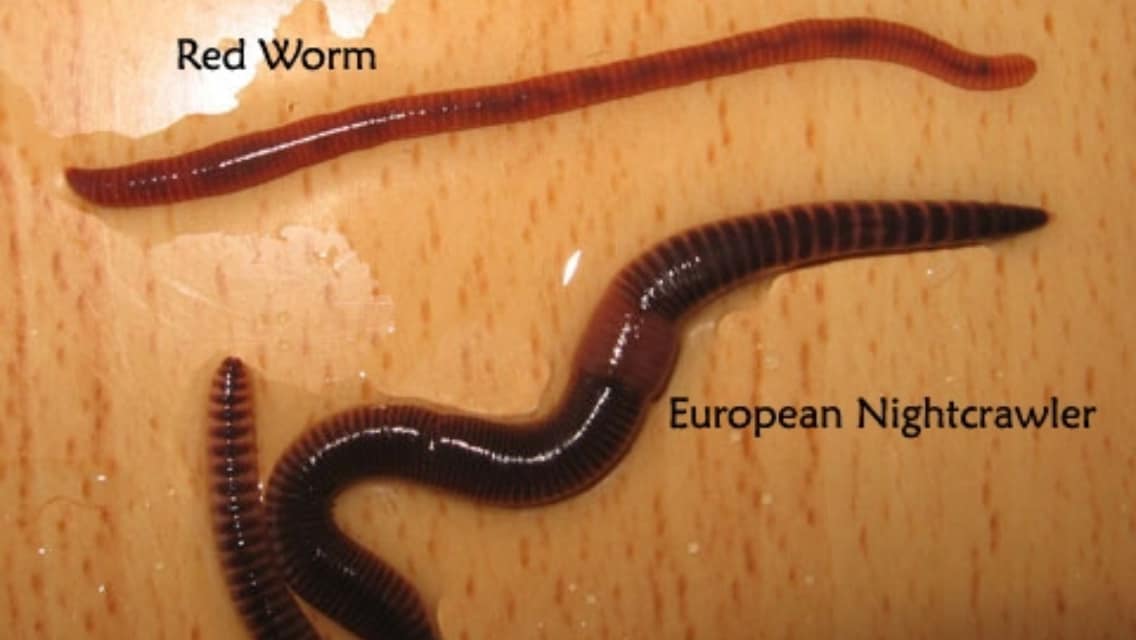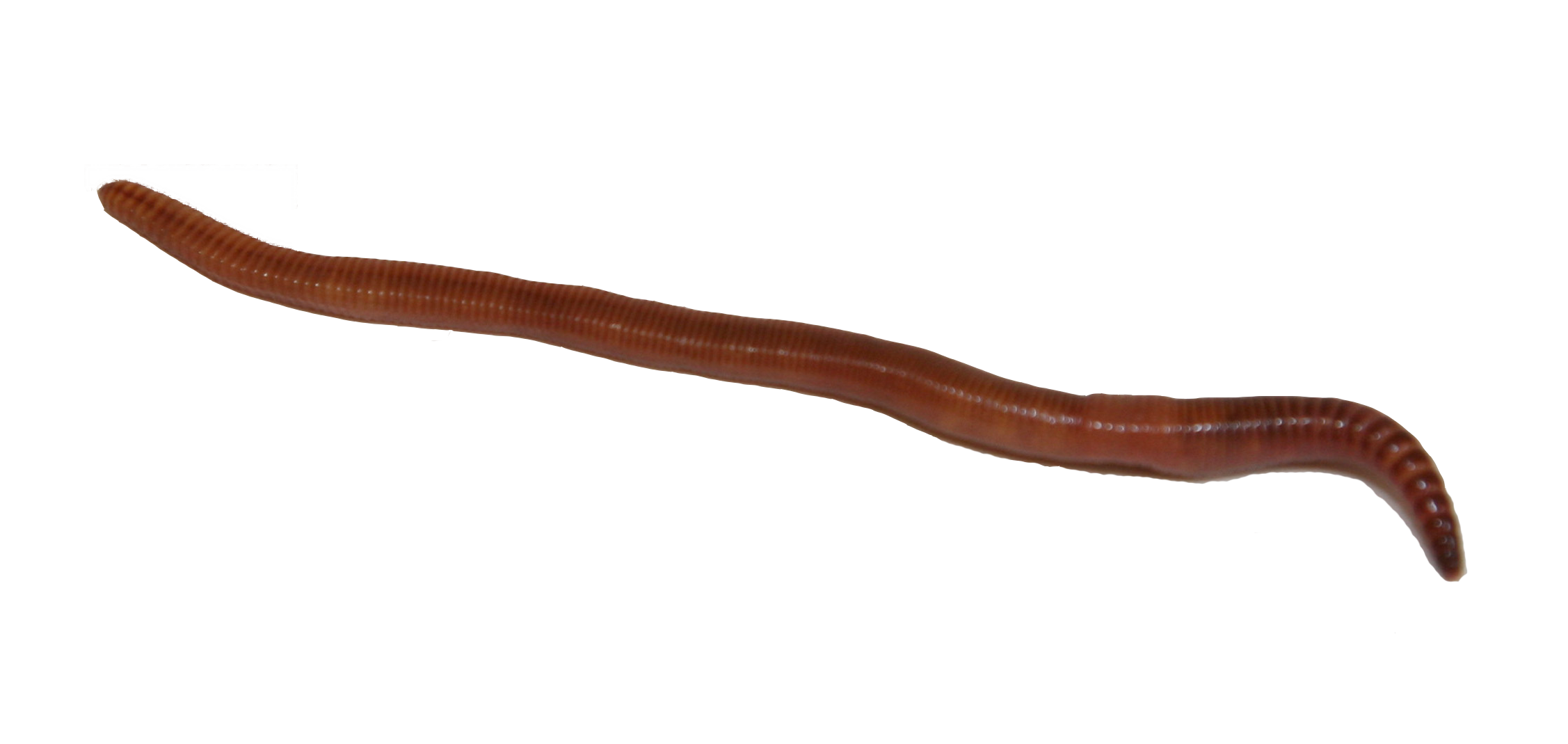The Greatest Guide To Where To Find Red Wigglers
The Greatest Guide To Where To Find Red Wigglers
Blog Article
Where To Find Red Wigglers for Dummies
Table of ContentsThe Best Strategy To Use For Where To Find Red WigglersFacts About Where To Find Red Wigglers RevealedThe Ultimate Guide To Where To Find Red WigglersThe Of Where To Find Red WigglersAll about Where To Find Red WigglersNot known Facts About Where To Find Red Wigglers
For finest outcomes, you intend to strive regarding 60-70% moisture level. The simplest examination for this is to squeeze a handful as difficult as you can. At the excellent moisture degrees which is just under 70% that handful must hardly generate one decrease of fluid. pH in a worm container is quite easy to keep.
The Indian Blue is ravenous, yet additionally prefers a warmer environment and it also shows a propensity to get away the container. The red wiggler is a durable worm and isn't as particular concerning its environment. I like to call it the Ford Taurus of vermicomposting worms; you will not boast to your hardcore composting buddies that you possess them, however they will certainly serve you well.
As Faucet showed, a fishermen can do an excellent deal to make a worm more attractive.
3 Easy Facts About Where To Find Red Wigglers Shown
I believe you will certainly as well if you try them. The smaller the trout stream, the better worms job is an axiom that hasn't altered in the 100-plus years considering that Perry wrote his short article. Fishermens of his era simply stuck their rickety fishing pole with alder tangles and dropped a heavy worm into a deep opening.
Morning is prime feeding time, and the lightweight bait's slow descent leaves 5 inches of wriggling healthy protein in full sight for a long time. After you have actually made the cast, keep the bond open and placed the pole in a forked stick. The line will certainly diminish the rod in slow loops as the worm works out, yet typically the sluggish loopholes will come to be a blur, and the early morning will suddenly obtain rather intriguing.
I generally use a whole 'spider, prefer marabou dressing, and go down the rod for two or 3 secs when I obtain a hit.
And identifying base from a bite can be difficult. The trick is to alleviate the rod back to the strike (maybe a foot) and feel for life at the end of the tightening line. If it's there, established the hook with a move as opposed to a jerk. Every so often you'll discover yourself hooked to those slow-moving, passionate pulls, and feel the weight of a wonderful walleye.
The Ultimate Guide To Where To Find Red Wigglers
When the heavy walleyes carry on to the big-water shoals in the late summertime, attempt pursuing them with a bucktail jig and a 1-inch pinch of nightcrawler. The bait covers the hook point, disperses weeds, and offers a preference of target. With nothing dangling or flapping, it continues to be protected no matter current, casts, or enthusiastic panfish.
Whether you're wading or angling from a boat, wandering worms is just one of the terrific searching strategies for bigger rivers. For trout, a spade-dug, 4-inch yard worm is the appropriate size; for bass, walleyes, and steelhead, a nightcrawler may be a far better selection. The trick is to drift the lure with feeding and holding areas because fish in present are not mosting likely to ferret out the lure, as they might in still water.
Strikes will certainly come as a sharp yank instead of a pull or rap. Fish the changes: mouths of tributaries, bank-side slicks, and the sides of large swimming pools. As the late Ed Zern, Area & Stream's great satirist, once put it: Anglers are birthed sincere but they get over it. His motto uses to any type of variety of angling maneuvers, consisting of the matter of adding a piece of worm to a wet fly.

The Of Where To Find Red Wigglers
Add a couple of hundred worms and feed them two times a week. Maintain the bedding damp but not wet. On the menu: lettuce, fruit and veggie waste, and the occasional nongreasy leftover.
Simply like veggie scraps, you can take your used coffee premises and include them to a worm box. Worms enjoy eating coffee premises. With the ideal conditions and wet, healthy soil, worms can reside in a container of dirt for around three weeks. Shop out of direct sunlight and maintain a temperature between 50 and 80 levels.
When the hefty walleyes go on to the big-water shoals in the late summer season, attempt going after them with a bucktail jig and a 1-inch pinch of nightcrawler. The lure covers the hook factor, deflects weeds, and uses a taste of prey. With nothing dangling or waving, it stays safe no matter of current, casts, or enthusiastic panfish.
What Does Where To Find Red Wigglers Do?
Whether you're wading or fishing from a boat, wandering worms is one of the terrific looking approaches for larger rivers. Where To Find Red Wigglers. For trout, a spade-dug, 4-inch yard worm is the appropriate size; for bass, walleyes, and steelhead, a nightcrawler might be a much better choice. The key is to drift the lure via feeding and holding areas because fish in existing are not mosting likely to ferret out the bait, as they might in still water
Strikes will come as a sharp pull as click here to find out more opposed to a pull or rap. Fish the changes: mouths of tributaries, bank-side slicks, and the sides of big pools. As the late Ed Zern, Field & Stream's great satirist, when placed it: Fishermens are born honest yet they get over it. His motto uses to any kind of variety of angling maneuvers, consisting of the matter of adding a piece of worm to a damp fly.
Raising your own lure indicates you can slip out of the home and hit the fish pond before Mama comes homejust like in the old days. Here's just how to keep a worm from this source box: Cut a sheet of CDX-grade plywood, which is made with water-resistant adhesives, to your measurements. Toenail it together and pierce a loads 12-inch openings in the base for drainage.
The Best Guide To Where To Find Red Wigglers
Include a couple of hundred worms and feed them 2 times a week. Keep the bed linen wet however not wet. On the food selection: lettuce, fruit and veggie waste, and the periodic nongreasy leftover (Where To Find Red Wigglers).
Just like veggie scraps, you can take your made use of coffee grounds and include them to a worm box. Worms love eating coffee grounds.
Report this page